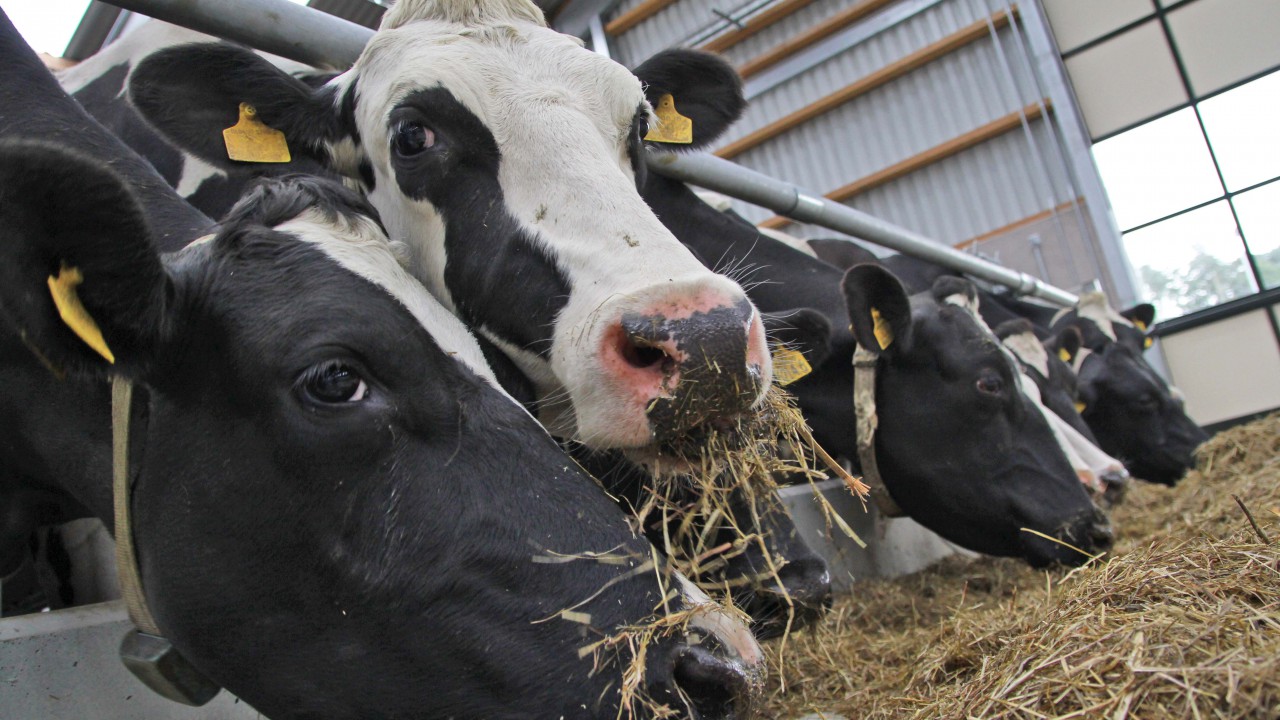A Scottish vet with a licence to import a pioneering Mycoplasma bovis vaccine from the US has started trials in the UK.
The drug is currently unauthorised in the UK but can be prescribed for specific circumstances under the cascade system – guidance which allows UK vets to use drugs outside of their licenced purposes to avoid animal suffering.
Mycoplasma bovis
Mycoplasma bovis is becoming endemic in the UK’s beef and dairy herds. The disease is a common cause of pneumonia in calves, as well as mastitis, arthritis, and otitis, and can be difficult to treat, warned Graeme Fowlie, director of Meadows Vets in Aberdeenshire.
In New Zealand, the Government has launched an $886 million (NZD) cull programme to attempt to eradicate the bacterial disease. So far more than 100,000 cattle have been culled as a result.
But the disease is also a problem closer to home.
“UK Veterinary Investigation Diagnosis Analysis data shows a sharp rise in M. bovis diagnoses since 2013 – it is a serious problem, which needs addressing,” Fowlie said.
Given that the disease cannot be treated by many common antibiotics, prevention is much better than cure – and with a multi-factorial disease like M. bovis, it’s important to adopt a multi-pronged approach to tackle it.
Trials
Unlike many other diseases, there is no licensed vaccine for Mycoplasma bovis in the UK; autogenous vaccines are an option but can be slow and expensive to produce.
Fortunately, Fowlie has recently assisted the Veterinary Medicines Directorate in securing a license to import a multi-strain Mycoplasma bovis bacterin-based vaccine from the US.
His practice, Meadows Vets, has begun UK-based trials on several dairy farms where calf pneumonia has become a recurring problem due to M. bovis.
In US trials, vaccinating beef cattle reduced mortality by nearly half and nearly tripled the antibody response. It also reduced lung lesion scores by 56-64%.
“Vaccinating is only ever one part of the answer, so it’s important to adopt a holistic approach, guided by your vet, including stringent biosecurity measures,” added Fowlie.
“You shouldn’t be living with M. bovis on your farm – it needs to be the next target for eradication. I’m extremely hopeful that it will be the extra tool in the box that the industry is looking for.”
Meadows Vets will publish its trial results later this year.

